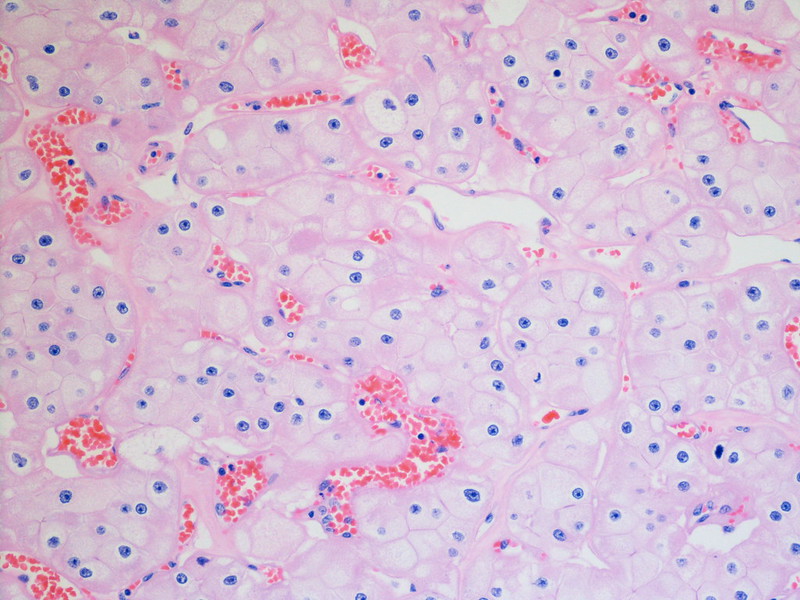
The combination of an experimental Nektar Therapeutics cancer drug with Bristol Myers Squibb’s blockbuster cancer immunotherapy Opdivo did not work in melanoma. Now there’s data showing it doesn’t work in bladder and kidney cancers either.
BMS and Nektar announced the clinical trial failures after the market close Thursday. The companies said that they mutually decided to discontinue all other programs testing the drug combination, a move that spells the end of their research alliance.
Nektar’s drug, bempegaldesleukin (bempeg) is an engineered cytokine, a signalling protein that prompts an immune response. Bempeg is Nektar’s version of a cytokine called interleukin-2 (IL-2). The San Francisco company designed this drug to selectively activate the IL-2 pathway without also sparking activity from regulatory T cells, a different type of immune cell that dampens the immune response. In 2018, BMS committed $1.8 billion to begin a research partnership testing the pharma giant’s Opdivo in combination with bempeg. The hope was that the pairing of this Nektar drug with Opdivo could offer patients better outcomes.
The first cut of pivotal data was reported last month from a melanoma study. Speaking on a conference call at the time, Nektar CEO Howard Robin said patients treated with Opdivo alone showed results consistent with prior studies. However, in patients treated with Opdivo plus bempeg, the Nektar drug provided no added benefit.
In kidney cancer data reported Thursday, the results also fell short. The companies said the analysis of an independent data monitoring committee found that the drug combination did not achieve statistical significance in showing an objective response compared against a tyrosine kinase inhibitor, a standard treatment for this type of cancer. The drug combination also did not achieve statistical significance in a measure of overall survival.
In a separate Phase 2 clinical trial in advanced or metastatic urothelial cancer, a type of bladder cancer, BMS and Nektar said an analysis found that the combination of bempeg and Opdivo did not show sufficient efficacy to support continuation of the study. The companies said they plan to review data from both studies and share them with the scientific community.
The drug combination was also being tested in pivotal study in muscle-invasive bladder cancer, a Phase 1/2 study as a first line treatment for renal cell carcinoma, and a Phase 1/2 study in recurrent and/or refractory pediatric tumors. All studies testing the combination of bempeg and Opdivo will be discontinued in the coming months to enable clinical trial participants to consult with their physicians about moving to standard of care treatments.
Image by Flickr user cnicholsonpath via a Creative Commons license














